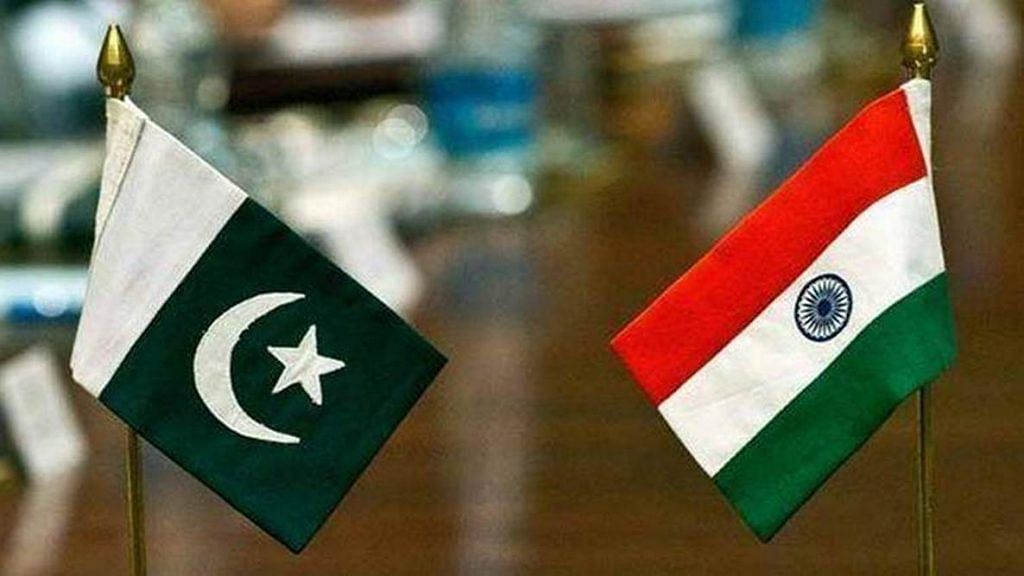New Delhi: India has once again warned Pakistan to not to change the status quo of Gilgit-Baltistan as Islamabad moved to bring the disputed region under its direct control.
In a statement issued Monday, the Ministry of External Affairs said, “The Government of Pakistan or its judiciary has no locus standi on territories illegally and forcibly occupied by it. India completely rejects such actions and continued attempts to bring material changes in Pakistan occupied areas of the Indian territory of Jammu & Kashmir. Instead, Pakistan should immediately vacate all areas under its illegal occupation.”
India said the entire Union Territories of Jammu and Kashmir and Ladakh, including the areas of Gilgit and Baltistan, are “an integral part of India by virtue of its fully legal and irrevocable accession”.
Issuing a stern message to Islamabad through the Pakistan High Commission in New Delhi, India said it has “lodged a strong protest” against their Supreme Court’s latest order on the “so-called Gilgit-Baltistan”.
“It was further conveyed that such actions can neither hide the illegal occupation of parts of Union Territories of Jammu & Kashmir and Ladakh by Pakistan nor the grave human rights violations, exploitation and denial of freedom to the people residing in Pakistan occupied territories for the past seven decades. Government of India’s position in the matter is reflected in the resolution passed by the Parliament in 1994 by consensus,” it said.
The statement comes in the wake of an order by the Pakistan Supreme Court last week where it issued notices to the Advocate General of Gilgit-Baltistan, directing it to amend the Gilgit-Baltistan Order-2018 and establishing a caretaker government there.
Accepting a plea of the Pakistani government, a seven-member bench of Pakistan’s Supreme Court ordered that the Gilgit-Baltistan Order-2018 be amended so that the upcoming general elections can be held by September and an interim caretaker government be set up in the meantime.
The tenure of the present Gilgit-Baltistan government expires this June and the next general elections will be held within two months. This election is for the Gilgit-Baltistan Council.
Despite being controlled administratively from Islamabad since 1947, Gilgit-Baltistan continues to remain a disputed region between India and Pakistan, and hence has not been officially integrated in Pakistan. However, the people of the region have been demanding the status of Pakistani citizens with constitutional rights.
Also read: India lodges protest with Pakistan after ceasefire violation kills youth in Poonch
What is Gilgit-Baltistan Order-2018?
Pakistan had changed the legal status of Gilgit-Baltistan first in 2009 by introducing Gilgit Baltistan Empowerment and Self-Governance Order-2009 which changed its name from Northern Areas to Gilgit-Baltistan.
Under this arrangement, it was given a province-like status with the appointment of a chief minister and governor for self-rule. Thus, constitutionally it still remained out of Pakistan.
In May 2018, the Gilgit-Baltistan Order-2018 was passed, replacing the earlier order. This was seen as yet another attempt by the Pakistan government towards incorporating the disputed region as its fifth province.
India had rejected all these moves.
“Pakistan has been changing the status of Gilgit-Baltistan for many years now. This is nothing new. The people of Gilgit-Baltistan want all the rights as any normal Pakistani citizen,” Sharat Sabharwal, former Indian High Commissioner to Pakistan, told ThePrint.
“In all practical purposes, Islamabad continues to administer it tightly from there. But it is after all a disputed territory and New Delhi has maintained it is part of India. India also sees it as a bilateral issue, so it never took up the matter with any international body,” said Sabharwal.
Also read: Pressure mounts on India to call out China for Covid as it readies to take lead role at WHO
